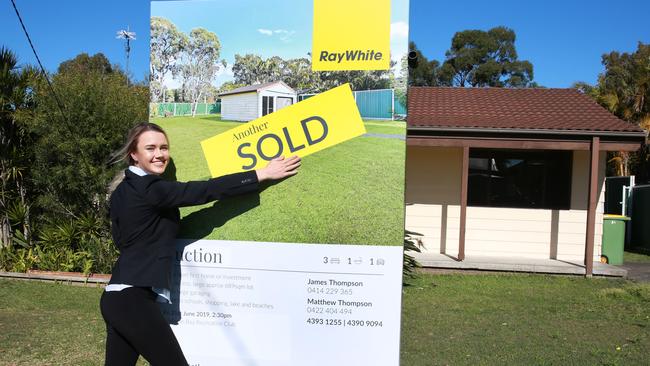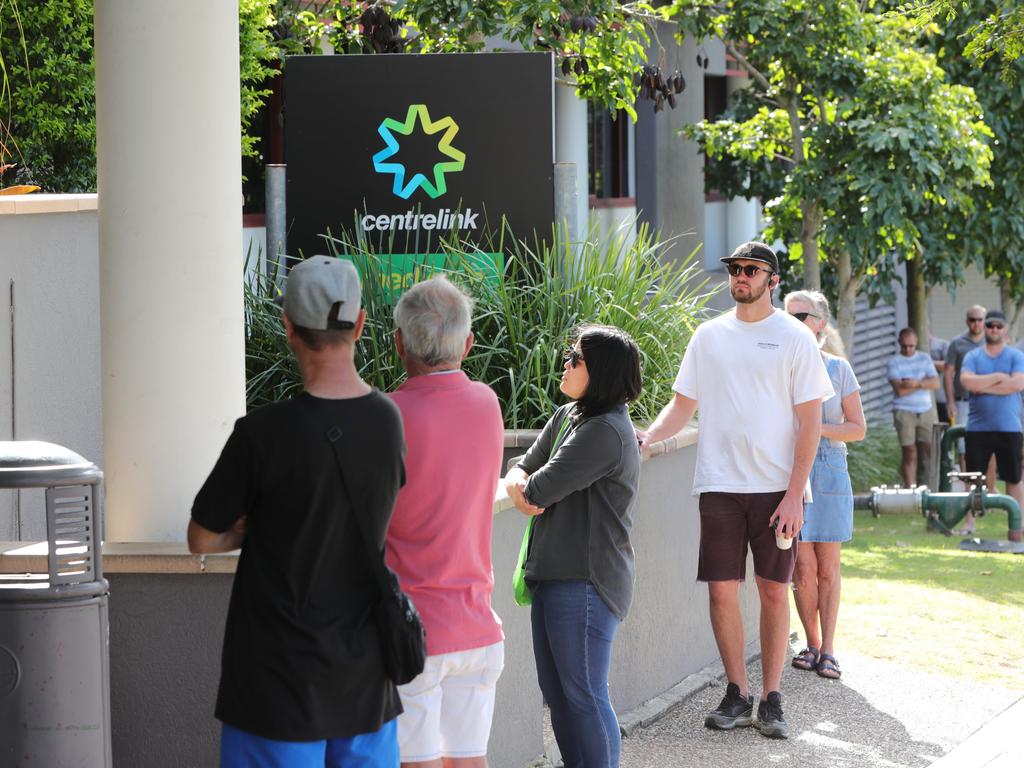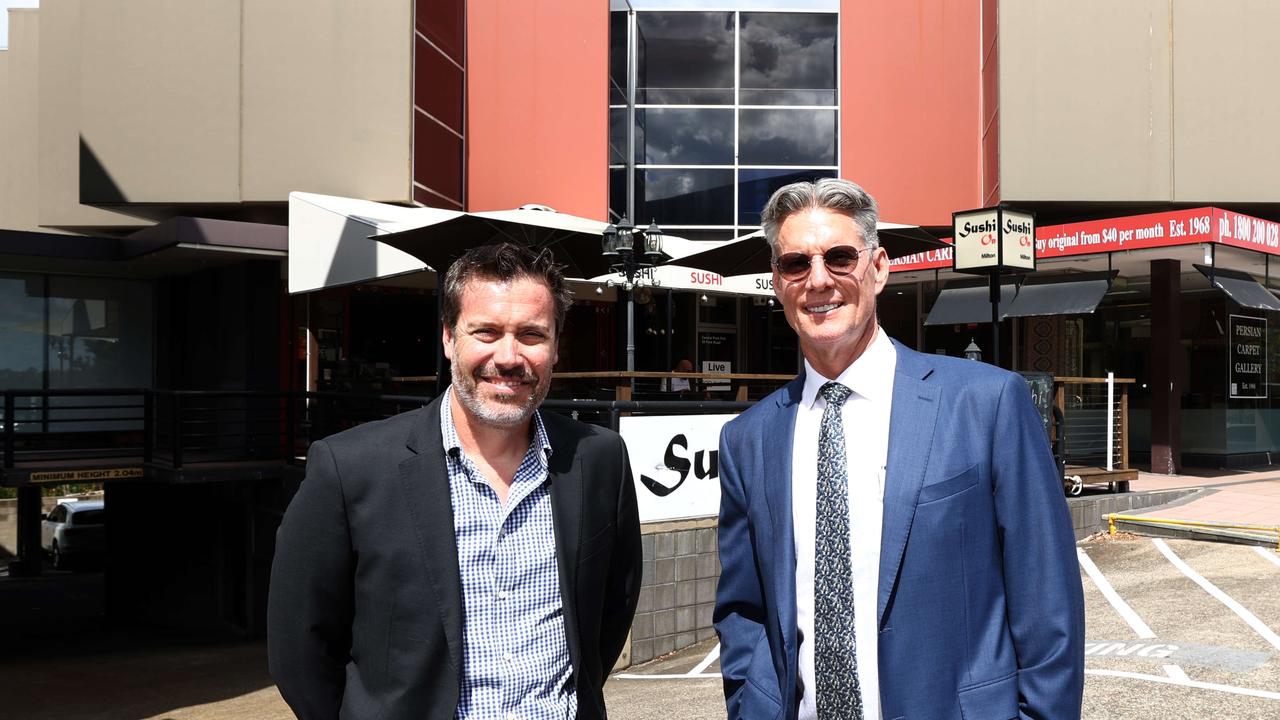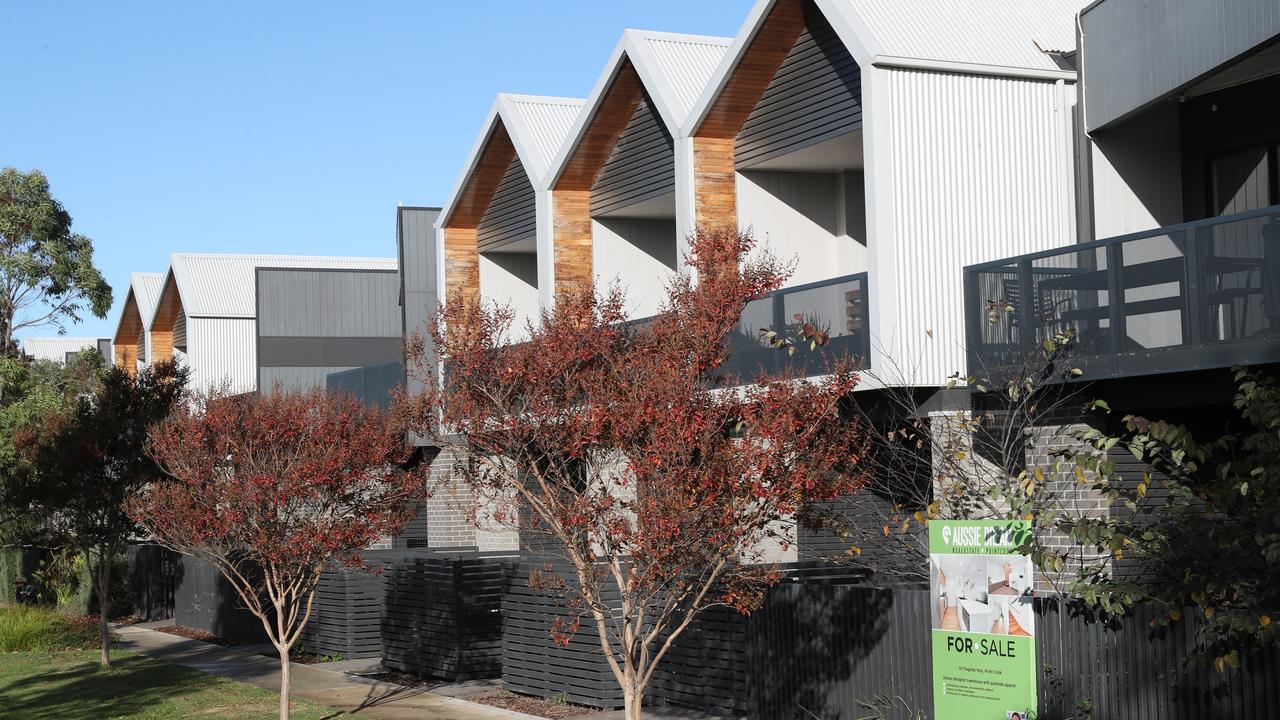Coronavirus crisis threatens homeowners with mortgage stress and negative equity, says RBA
The prospect of large property price declines presents significant risks for households, businesses and lenders, says the RBA.

Most Australian households entered the COVID-19 economic downturn with sizeable cash and equity buffers, but there will be “pockets of vulnerability” the Reserve Bank warned.
The central bank, in its latest Financial Stability Review released on Thursday, said among households with mortgage debt, just under a third of mortgages have less than one month of prepayments, and about half of these are “particularly vulnerable to a sharp decline in income”.
The comments come after tens of thousands of workers have been stood down from their jobs in recent weeks following the lockdown across the economy to help contain the COVID-19 pandemic. More jobs are expected to be lost in the months ahead as businesses re-adjust to a slowing economy.
The RBA noted the shock to economic activity, and associated uncertainty, has caused a slowdown in the residential property market, that is likely to increase the incidence of negative equity if prices decline.
“A key financial stability risk is the extent to which the weakness in economic activity spills over to the housing and commercial property markets. The prospect of large declines in property prices presents significant balance sheet risks for households, businesses and lenders,” the RBA said in its stability review.
This suggests that a decline in housing prices of 10 per cent would raise the share of loans in negative equity to 6.5 per cent.
The share of loans in negative equity - when the value of the property falls below the amount of the loan secured against it - would increase by proportionately more for larger price declines.
The RBA noted that “many affected workers will have access to wage subsidies and superannuation balances to compensate for lost income, and repayment deferment will also provide a safety net for those households that would otherwise struggle to service their obligations”.
However, it said “other households are not as well placed to withstand the downturn”.
The most vulnerable include those working in jobs more exposed to unemployment risk, such as casual workers, and those in industries most affected by the COVID-19 containment measures, such as accommodation and food services, the RBA said.
Workers in these most exposed industries are both more likely to rent and more likely to be liquidity constrained.
While this does not pose direct risks to the stability of the banking sector because these households typically hold little debt, they represent “indirect risks” if they have trouble paying rent, and their landlords in turn have trouble making their own debt repayments.








To join the conversation, please log in. Don't have an account? Register
Join the conversation, you are commenting as Logout